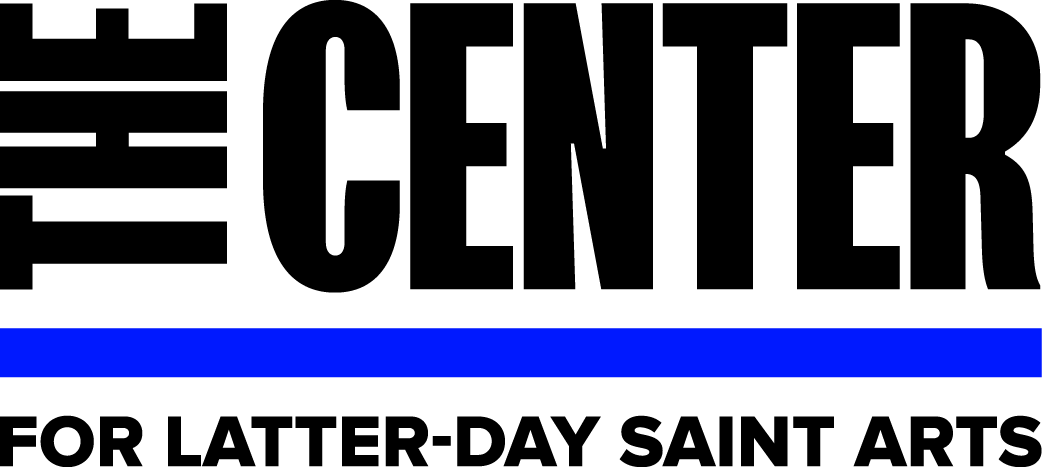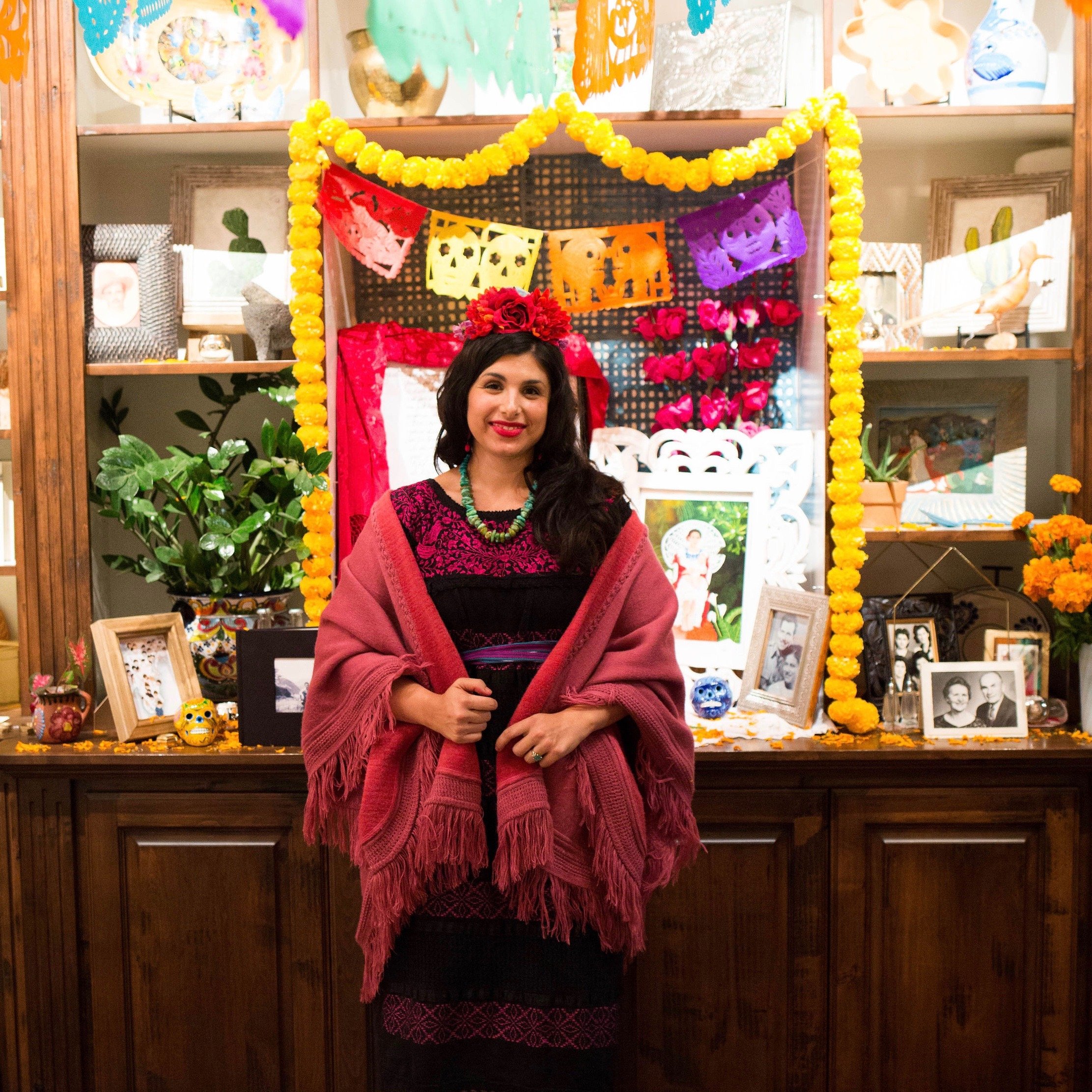Love Your Lineage
Recently, I had the chance to connect with Miyamoto (Miya) Loretta Jensen and Michelle Franzoni Thorley for a Zoom interview regarding the launch of their upcoming podcast, Love Your Lineage. Miya Jensen is a professional genealogist specializing in Polynesian family history and Michelle Franzoni Thorley is a Xicana visual artist, family historian, and anti-racism educator. The friends-turned-cohosts aim to help audiences see beyond missing names to show how everyone, no matter their background or family situation, can make deep and powerful connections to their ancestors. Produced by LDS Living, the Love Your Lineage podcast drops November 1, 2022, with new episodes occurring weekly.
Centering BIPOC Histories
At the beginning of our interview, Jensen and Thorley jokingly recall the origins of their “modern love story.” By this, they refer to the online Metaverse where they met (rightfully, on an LDS family history discussion group on Facebook). Both have been thought leaders in Latter-day Saint and industry circles, using their social media platforms to build and engage with family history communities. But their personal friendship deepened when they began trading direct messages about the limitations of the “traditionally Eurocentric” industry and its praxis. Explains Jensen, for white, western families it’s “like holding a mirror up and looking backward” to trace their origins for generations upon generations. However, indigenous family histories don’t follow this same linear trajectory. “This is like a mirror looking forward,” Jensen says. Love Your Lineage is centered in the BIPOC family history experience and the multi-faceted ways to access and share these histories.
Miya Jensen with four generations of her family.
Neither Jensen nor Thorley is immune to the practical challenges that have come from exploring their marginalized histories. In fact, Jensen–a pioneer of Polynesian genealogical research–has traced her family to Samoa, Hawaii, Japan, Germany and France. Yet, while earning her degree in Family History & Genealogy at BYU, she learned “best practice” strategies for Polynesian family history work by finding a Polynesian family living in England and following their lines in their non-native country. Now, she is effectively writing the playbook on how to perform genealogy in Polynesia and Oceania. Likewise, Thorley shares the “gut-punching” moments of frustration with her own family history, noting how easily she can trace her European ancestors but not her Mexican ancestors. She often uses her visual art practice to render the family members who were erased from the historical record.
A Resource for Healing
Love Your Lineage, in many ways, is the resource Jensen and Thorley wish they had available when they were doing their own work. “Family history can be really triggering for people of color,” says Thorley. Because the process can trigger trauma, isolation, erasure, and shame, Love Your Lineage is primarily concerned with creating a “space of connection and healing for BIPOC individuals” How? “By taking skeletons out of the closet and giving them a proper funeral,” Thorley says. This podcast, with its slate of therapists, thought leaders, and diverse professionals throughout the season, is intended to safely discuss, understand and mourn painful topics.
Michelle Thorley stands by an ofrenda, which is a home altar made by family members for deceased love ones during the annual and traditionally Mexican Día de los Muertos celebration.
The podcast is also about celebration. It’s no coincidence that Love Your Lineage launches on Día de los Muertos (“Day of the Dead”), which is an ancient, multi-day holiday celebrated in contemporary Mexico and among those of Mexican heritage globally. This early November celebration is a joyful period for family and friends to gather and honor loved ones who have died. Día de los Muertos, like the podcast itself, celebrates a genealogical consciousness that is more about intersectionality than tracing one’s family tree. Specifically, how do we operate in our families and communities with greater racial literacy, cultural competency, and healing? How do we gain understanding for the ways our ancestors moved, breathed, thought and interacted with the world? For Thorley, the prism of perspective comes down to the “search for authenticity.” For Jensen, it is the “‘Aha’ moment that comes…when a heart is turned to one, then more than one, and then to the Divine.”
Why Tune In?
Undoubtedly, Jensen and Thorley are tackling the most personal of subjects: our families. They are also optimistic Love Your Lineage will lead out in the destigmatization of long-held attitudes regarding family history, particularly within LDS culture. If my casual Zoom interview is any indication, I’m confident they will meet their audiences each week with refreshing credibility and vulnerability. These women finish one another’s sentences. They handily pick up the silver threads of one another’s thoughts, creating bright and musical discussion. And I’m hopeful the duo will create a welcome, recurring space for their listeners–an “I wish I could meet these women for lunch” kind of intimacy–to provide significant topics with the nourishing honesty they deserve.--Emily Larsen Doxford (The first three episodes of Love Your Lineage will launch November 1, 2022 on all podcast streaming platforms. It is produced by LDS Living.)
Artwork by Michelle Franzoni Thorley




